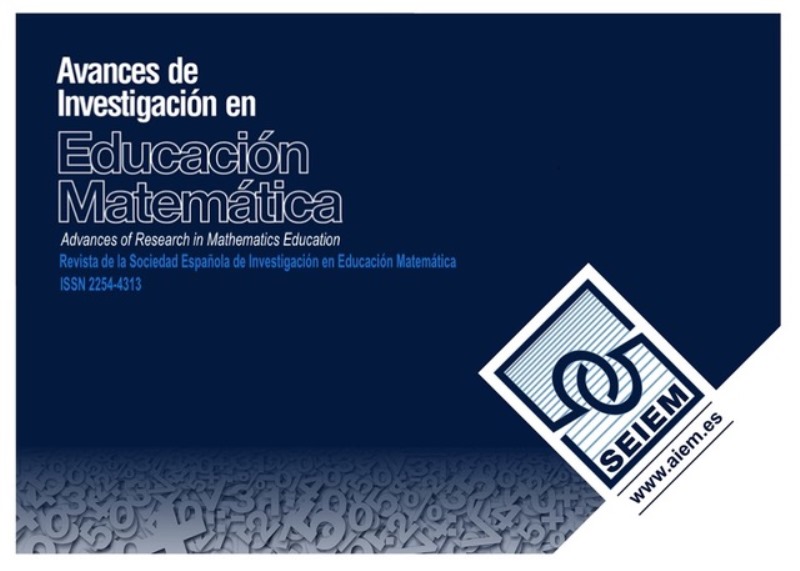Theorizing in Design Research
Methodological reflections on developing and connecting theory elements for language-responsive mathematics classrooms
DOI:
https://doi.org/10.35763/aiem.v0i15.265Abstract
Topic-specific Didactical Design Research is a research methodology with two aims, 1) designing and improving teaching-learning arrangements and 2) generating theoretical contributions for understanding the initiated teaching-learning processes for a certain topic. The article provides methodological reflections and examples for elaborating the meaning of theorizing within this methodology. Starting from a distinction of categorial, descriptive, explanatory, normative and predictive theory elements with their functions and logical structures, the examples show that theorizing in Design Research studies can be conceived as a process of successively developing and connecting theory elements, for the how-questions (the rationales for the arrangements) and the what-questions (the structuring of the learning content). The considerations are illustrated for the case of topic-specific Didactical Design Research for language-responsive classrooms, particularly in relation to language learners’ conceptual understanding of fractions, variables, and percentages.
Downloads
Downloads
Published
How to Cite
Issue
Section
License
Copyright (c) 1970 Advances of Research in Mathematics Education

This work is licensed under a Creative Commons Attribution 4.0 International License.
The articles published in this journal are under a license Creative Commons: By 4.0 España from number 21 (2022).
Authors who publish with this journal agree to the following terms:
- Authors retain copyright and keep the acknowledgement of authorship.
- The texts published in this journal are – unless indicated otherwise – covered by the Creative Commons Attribution 4.0 international licence. You may copy, distribute, transmit and adapt the work, provided you attribute it (authorship, journal name, publisher) in the manner specified by the author(s) or licensor(s). The full text of the licence can be consulted here: http://creativecommons.org/licenses/by-nc/4.0.
- Authors are able to enter into separate, additional contractual arrangements for the non-exclusive distribution of the journal's published version of the work (e.g., post it to an institutional repository or publish it in a book), with an acknowledgement of its initial publication in this journal.
- Authors are permitted and encouraged to post their work online (e.g., in institutional repositories or on their website) prior to and during the submission process, as it can lead to productive exchanges, as well as earlier and greater citation of published work (See The Effect of Open Access).









